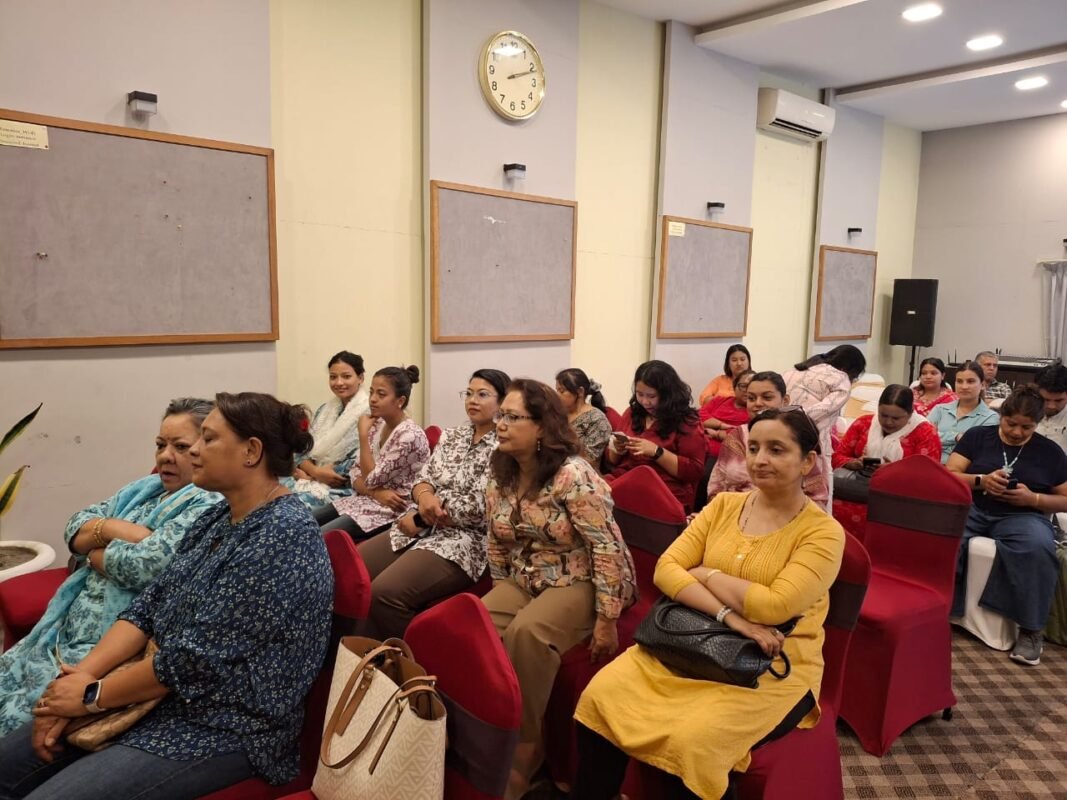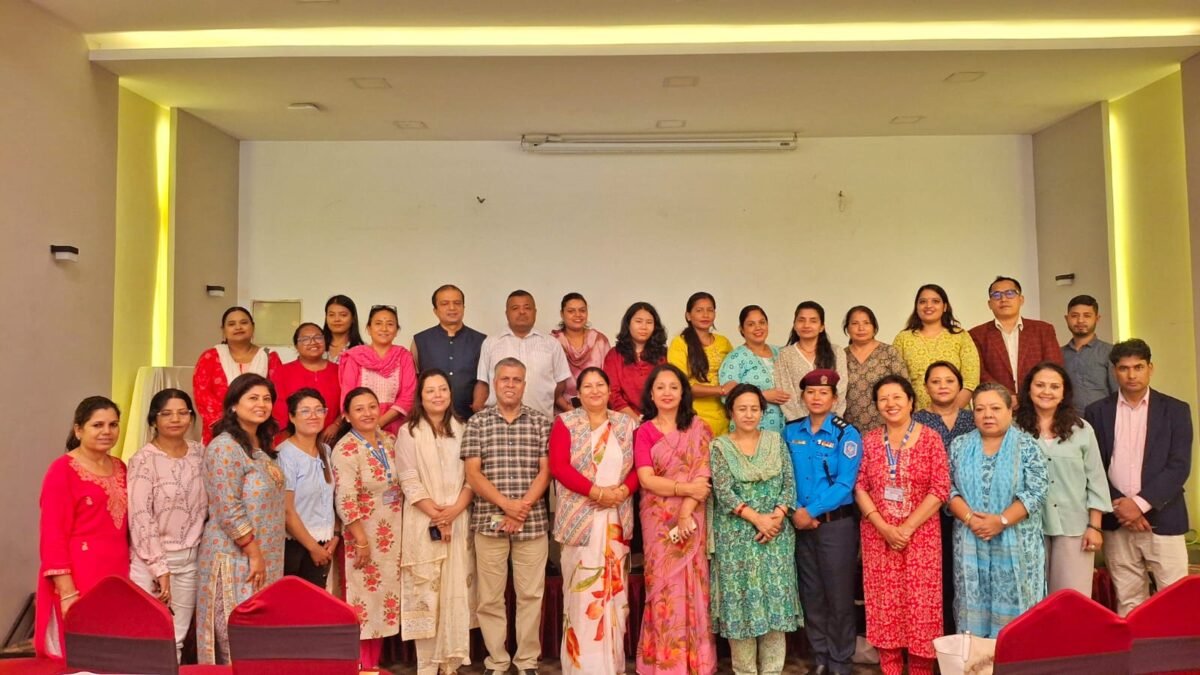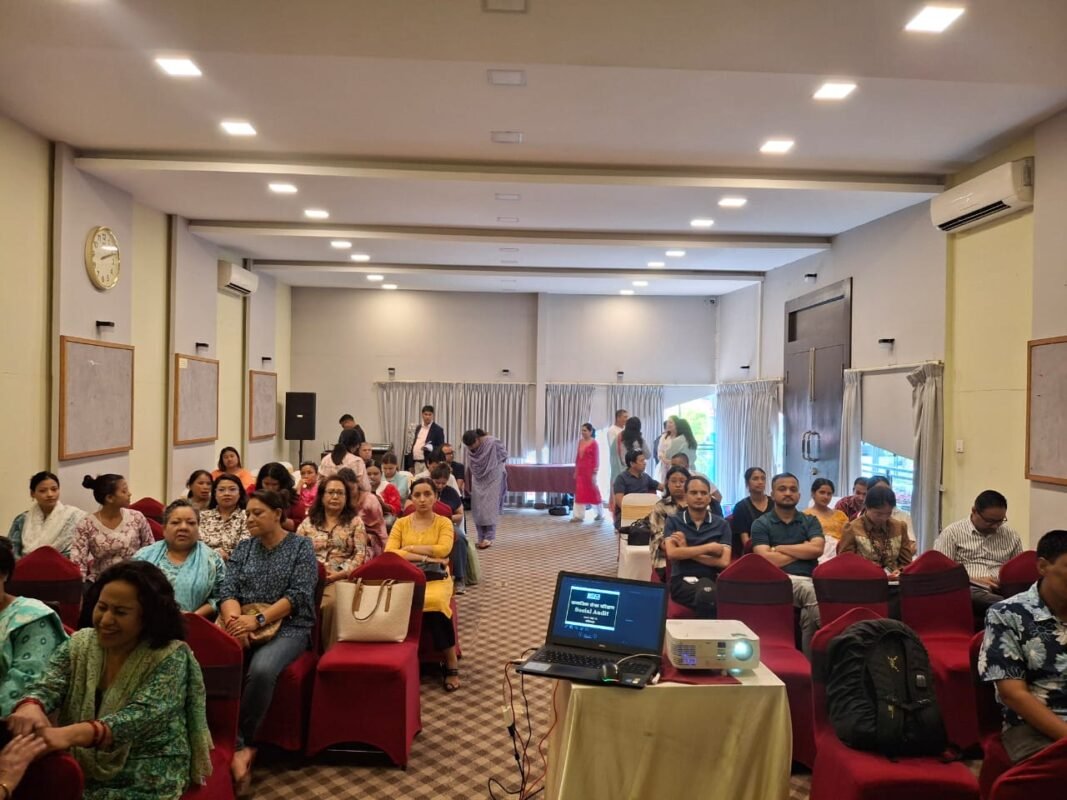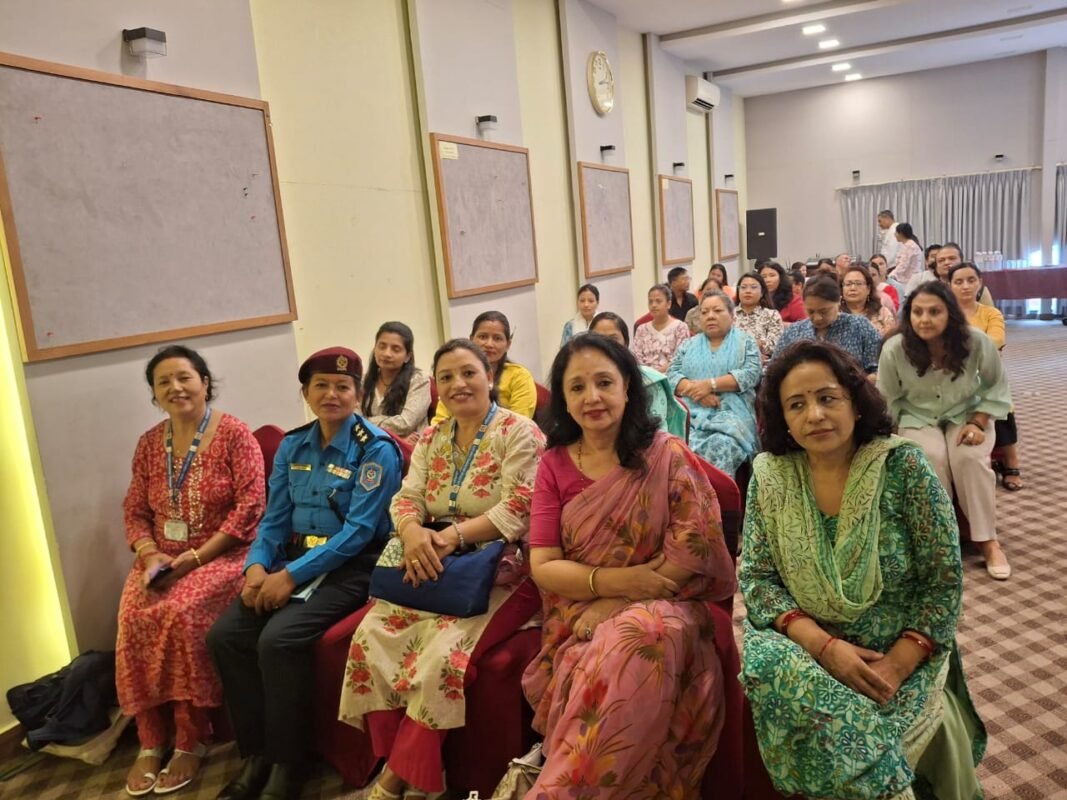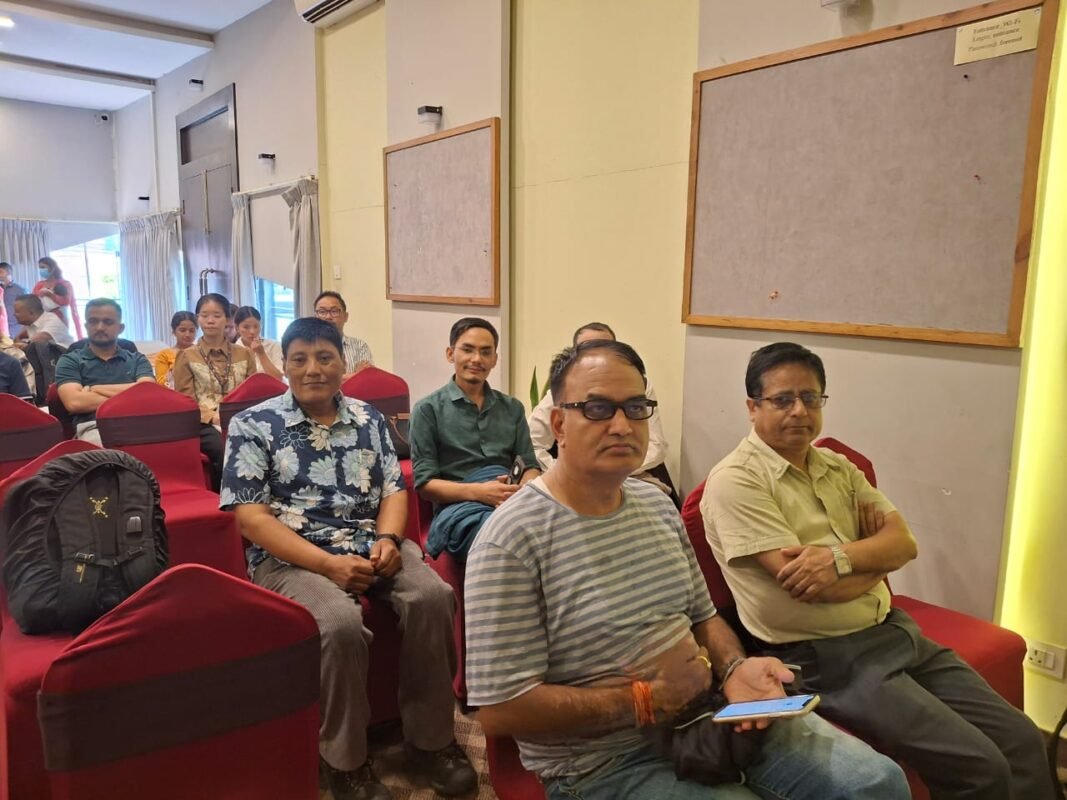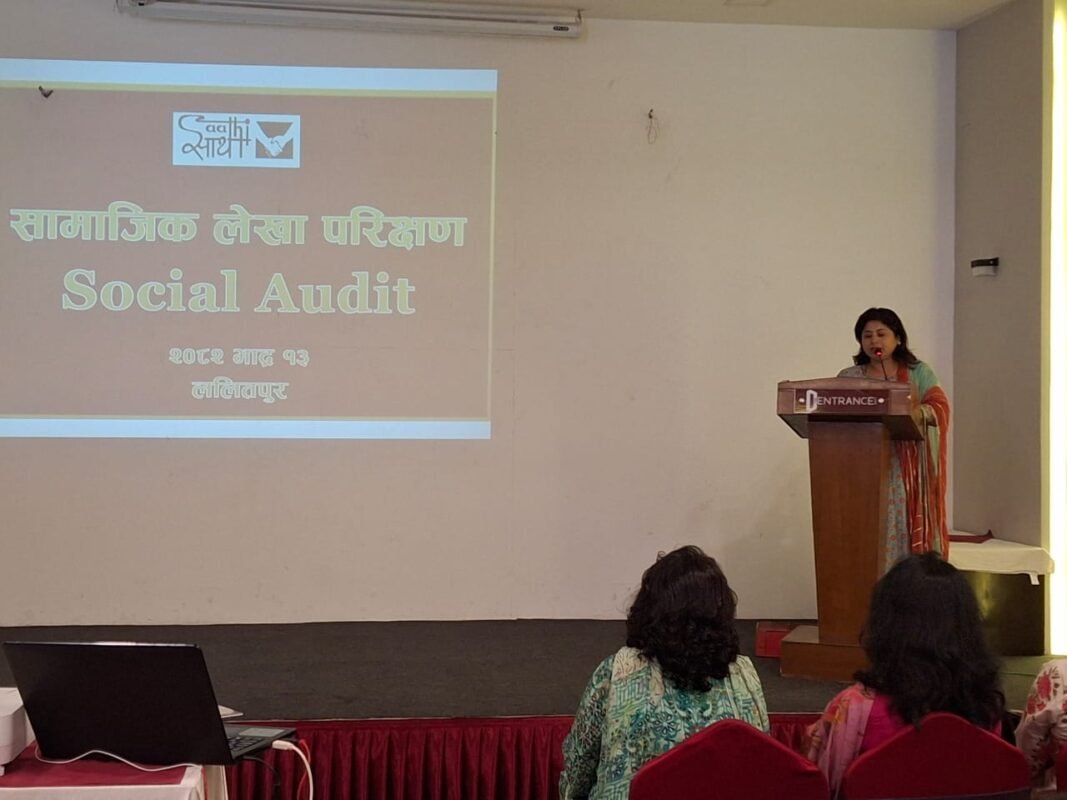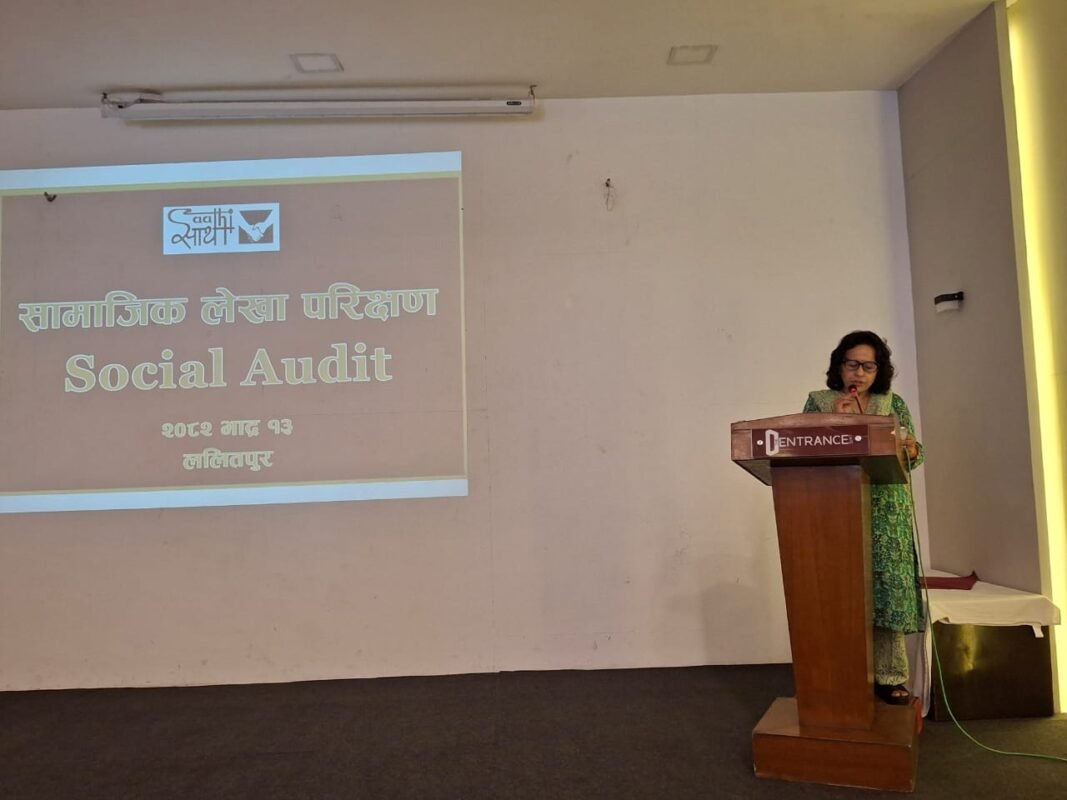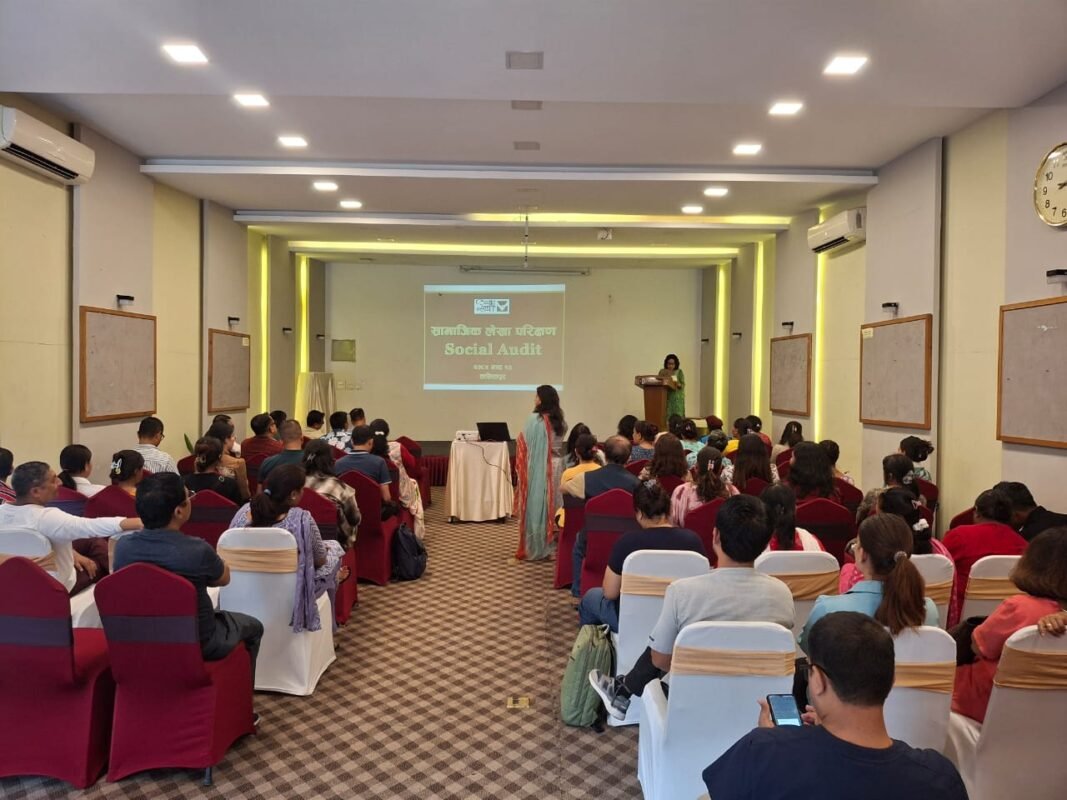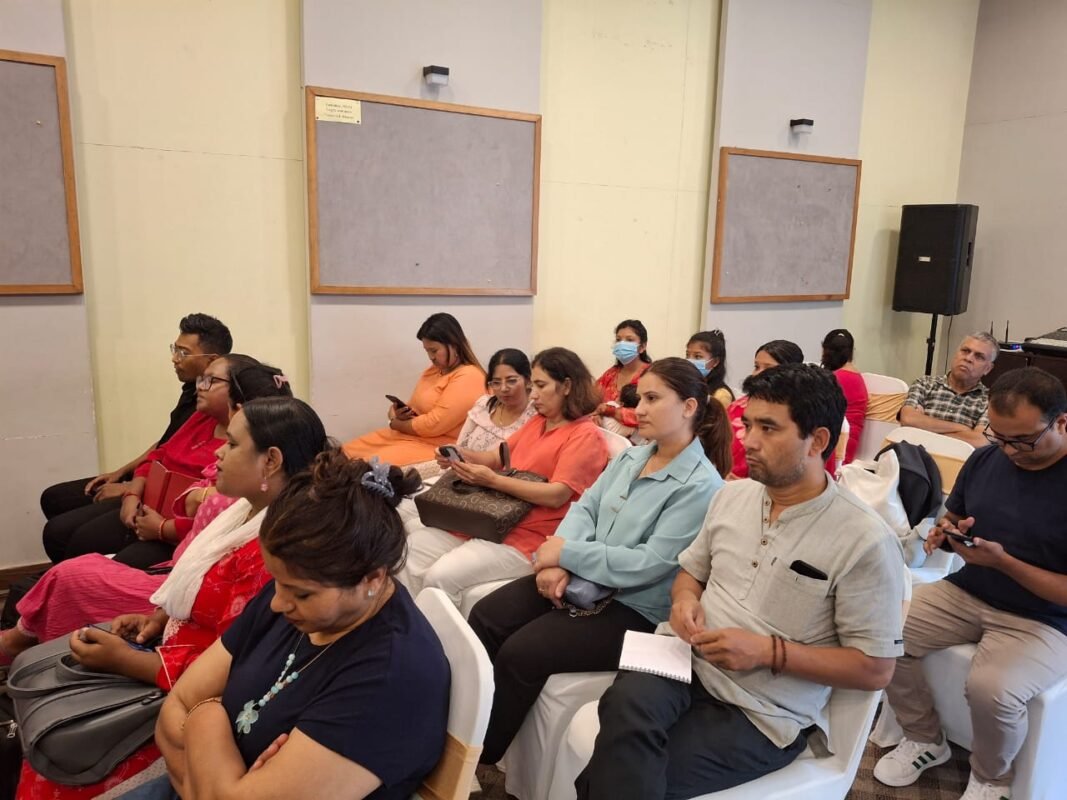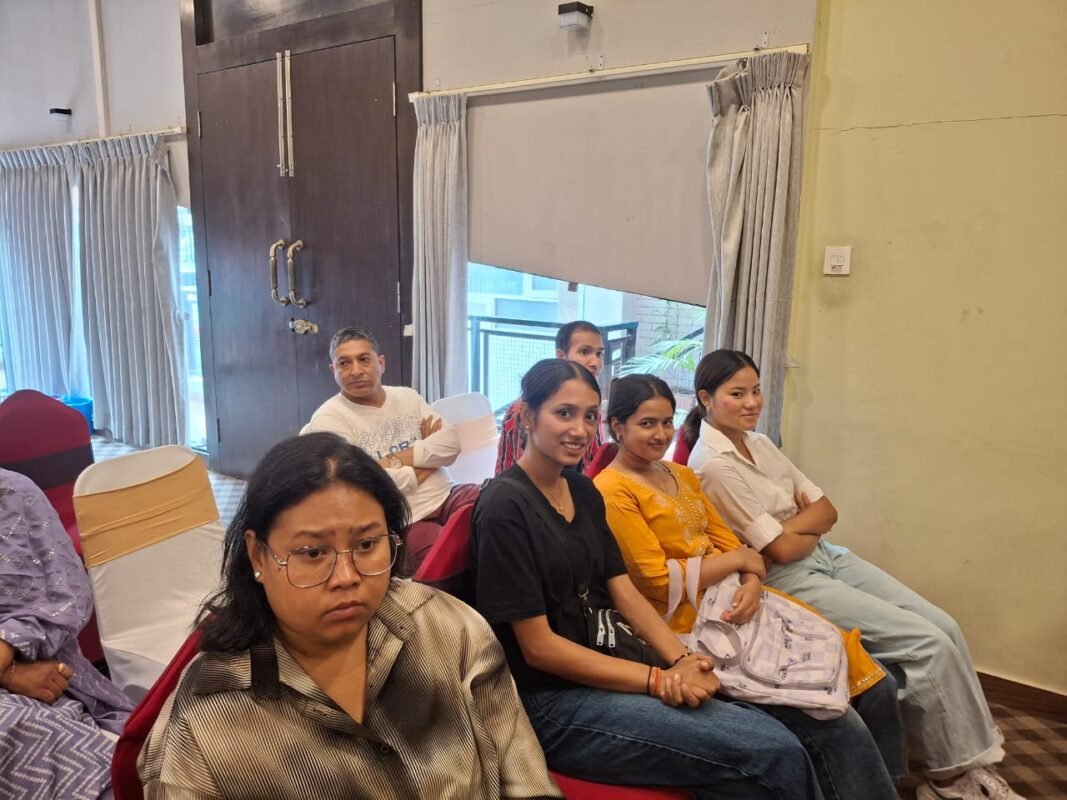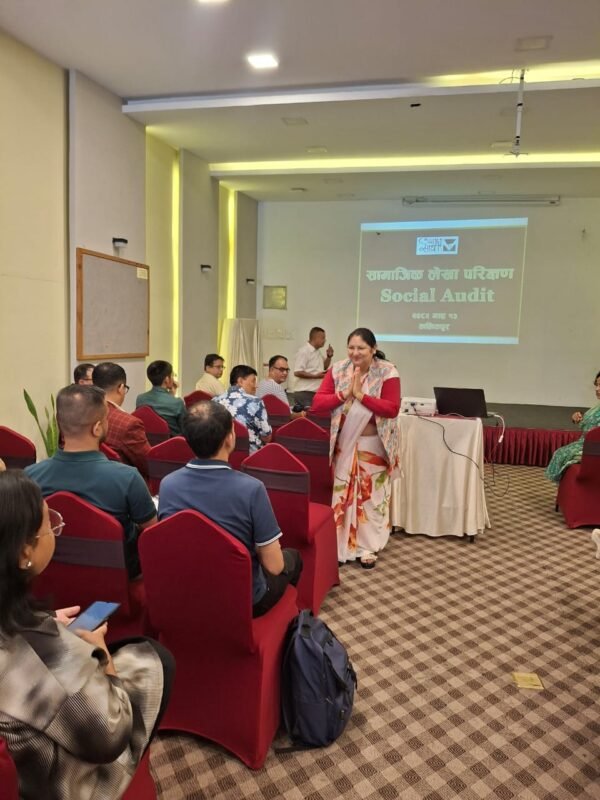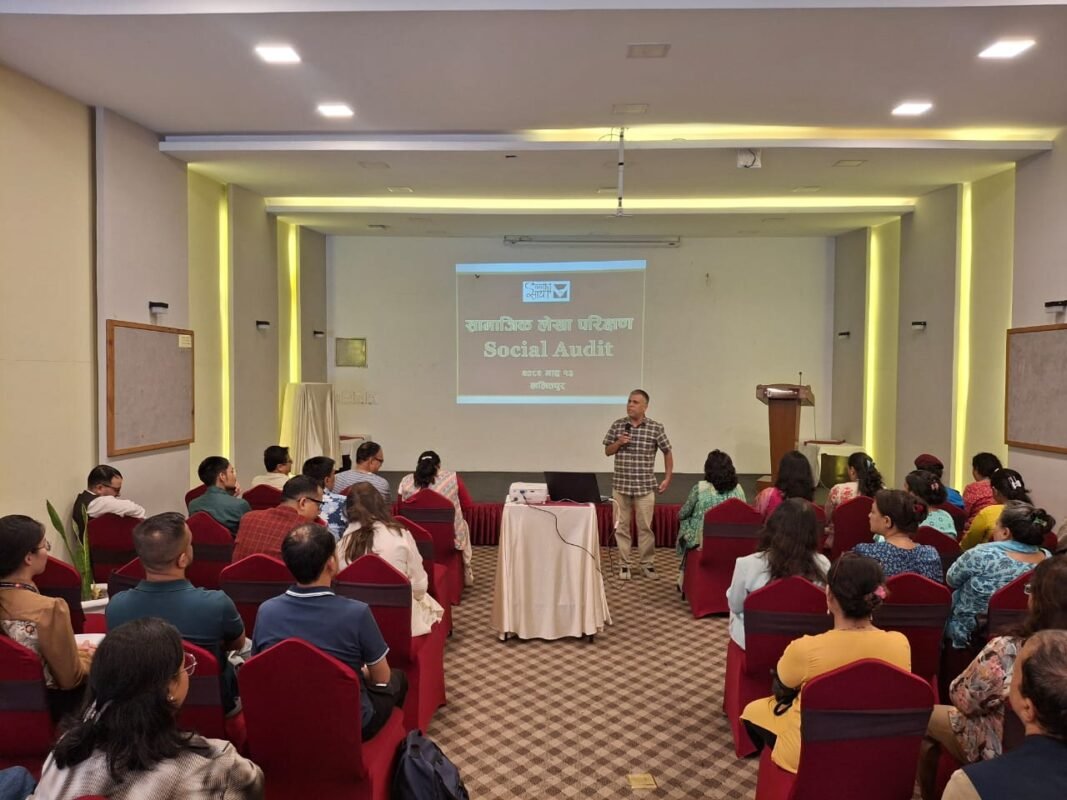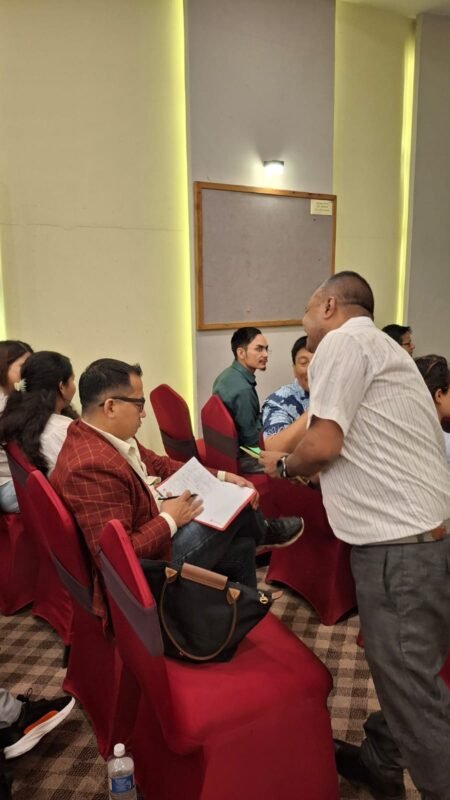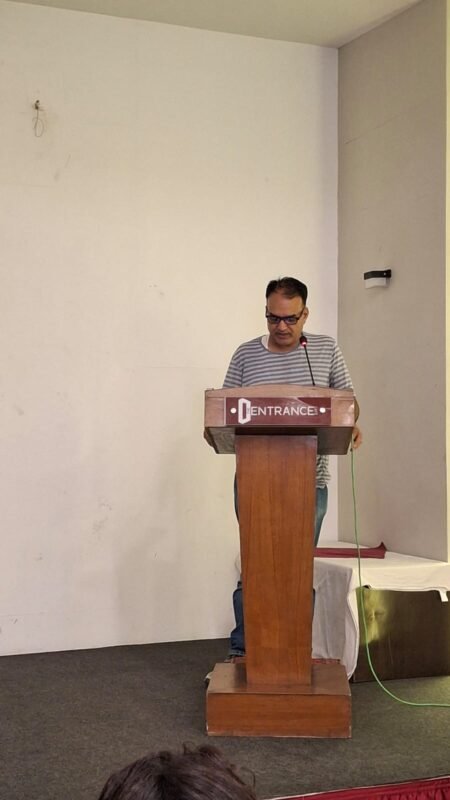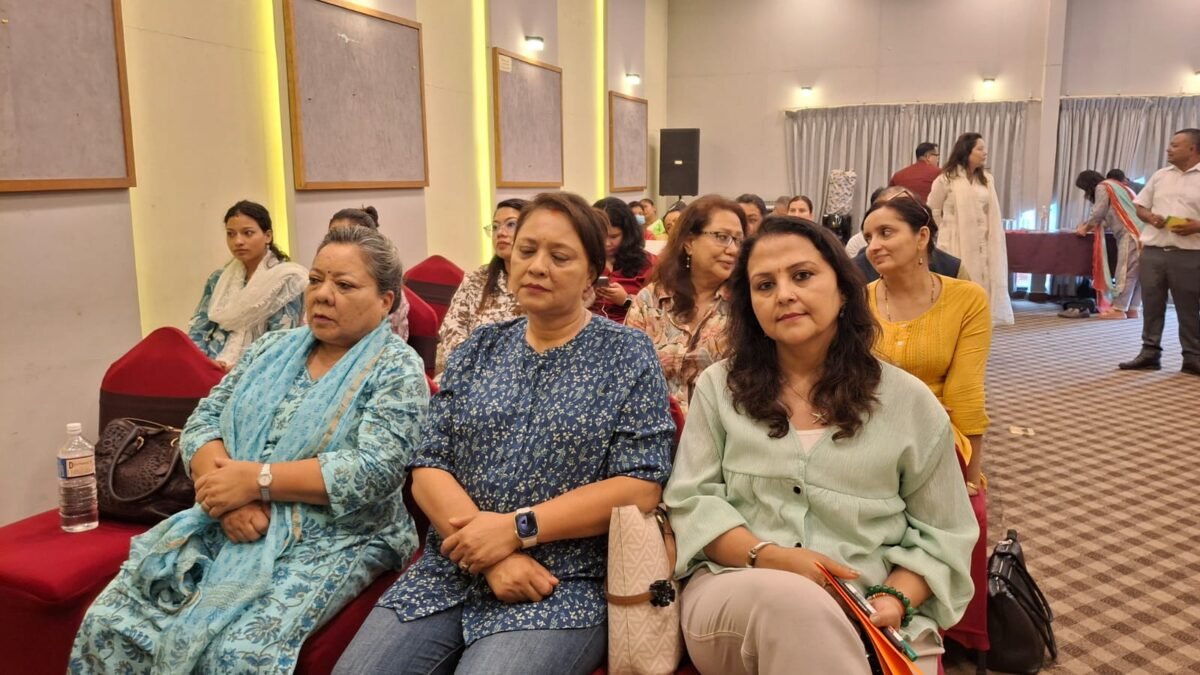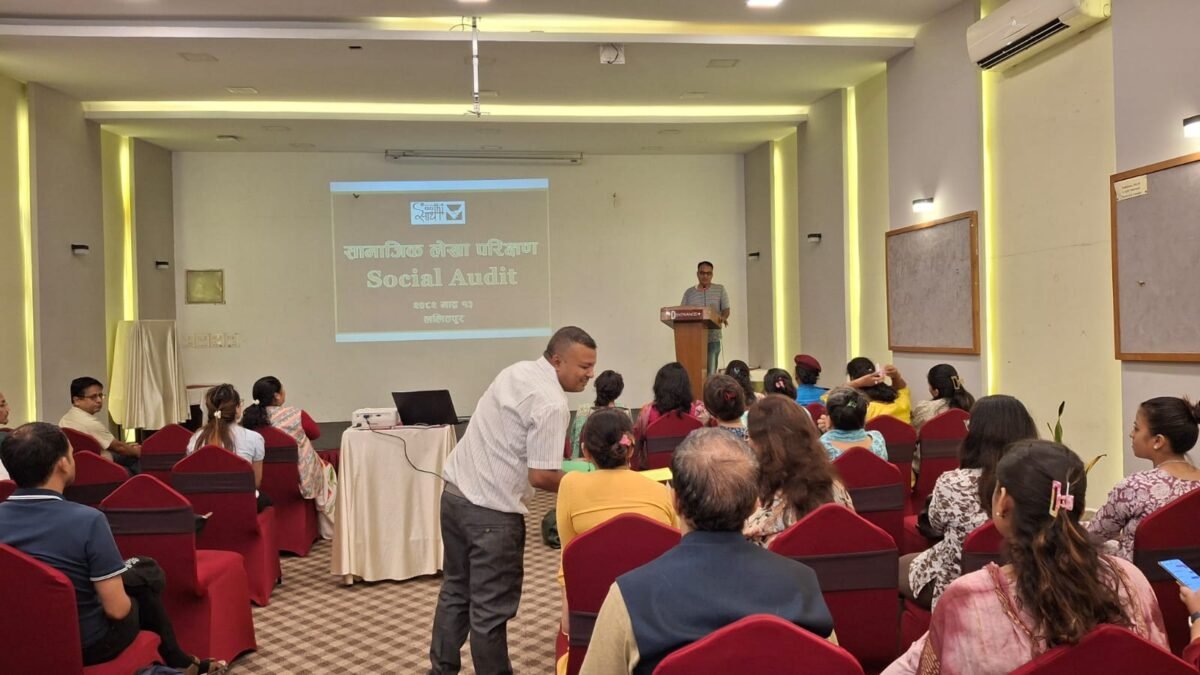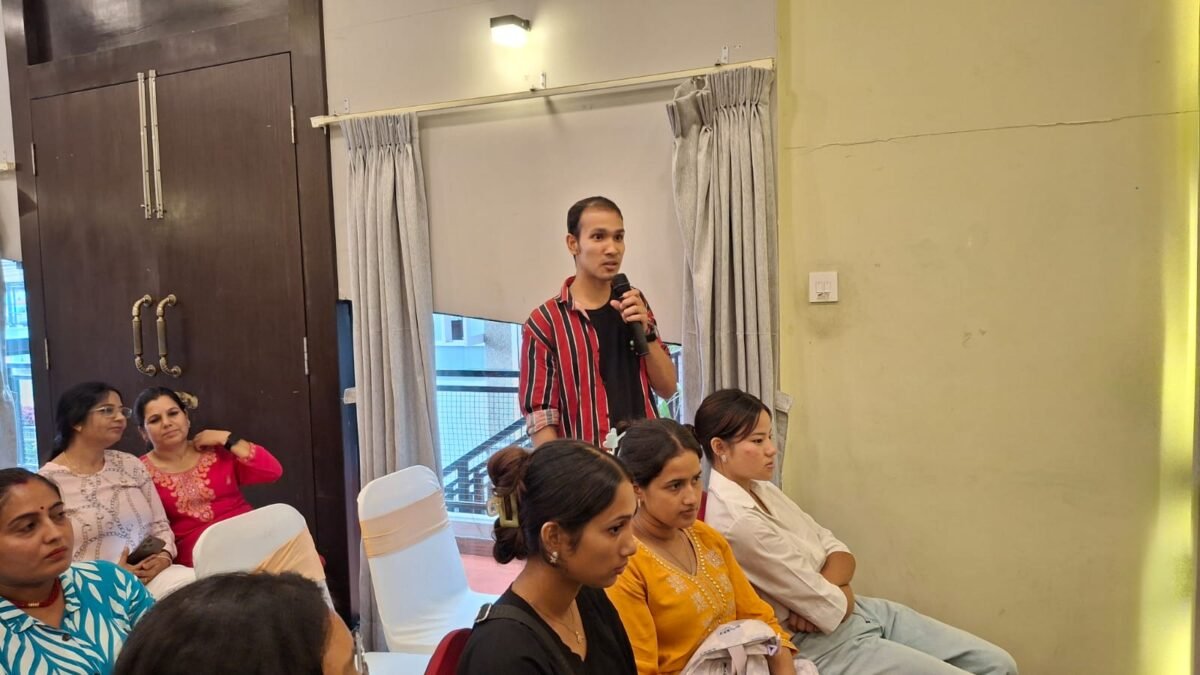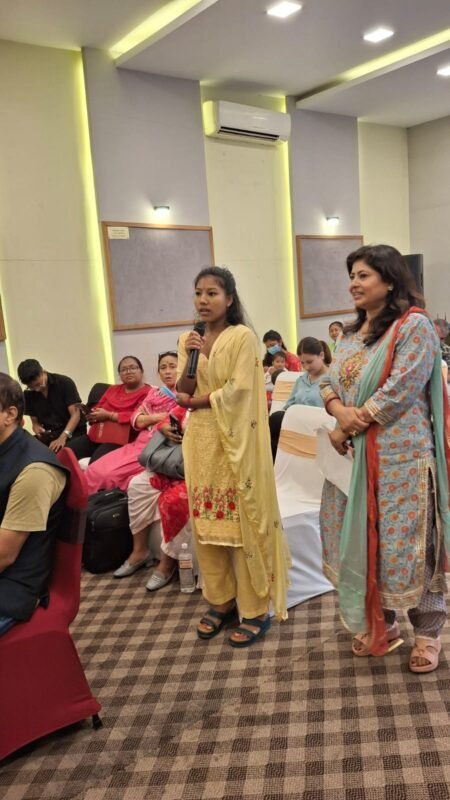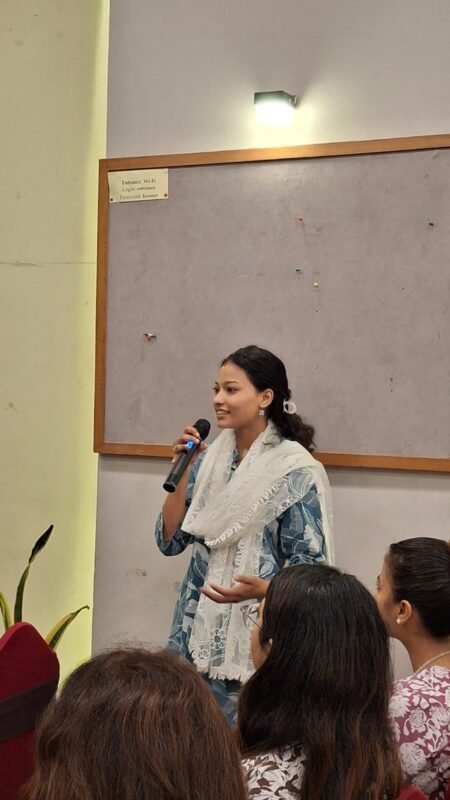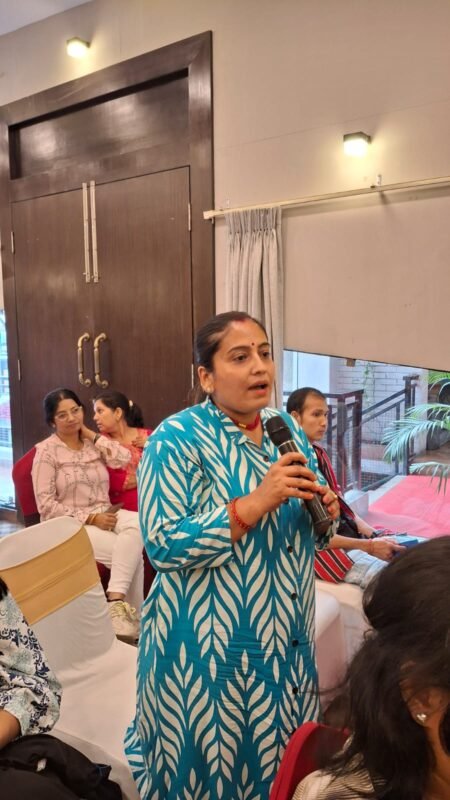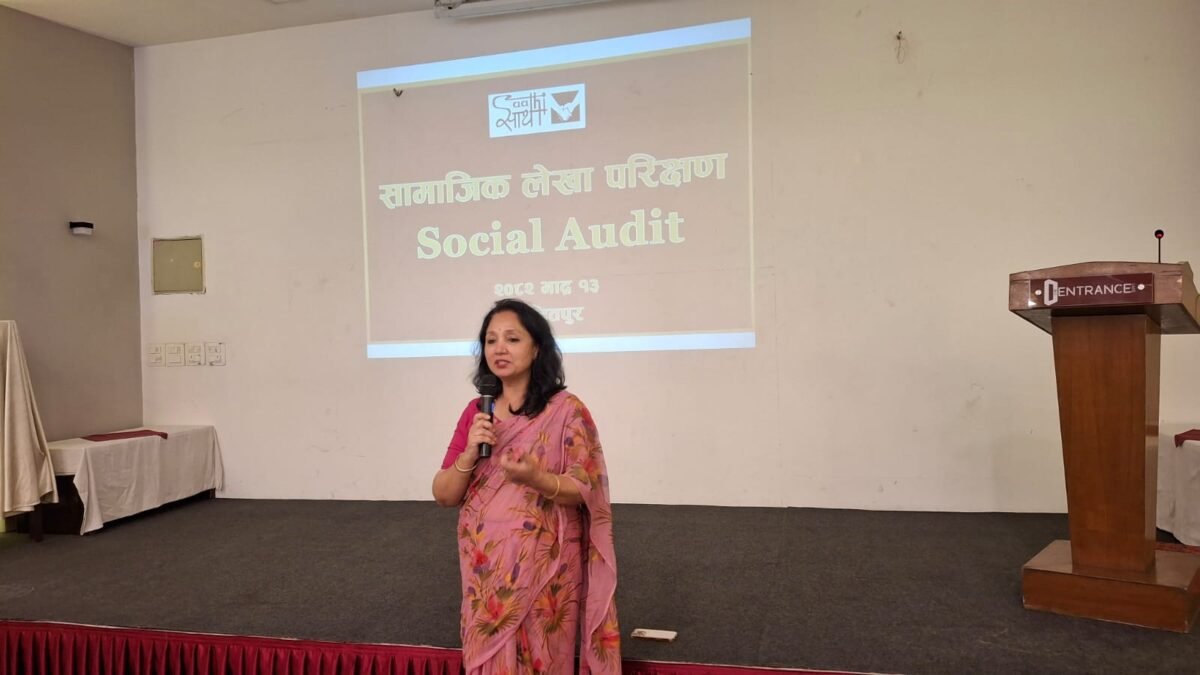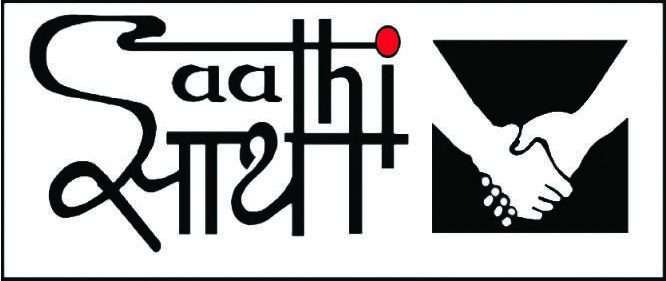Kathmandu, August 29 – Saathi organized its annual social audit on 29 August as a way to promote transparency, strengthen accountability, and build trust between the organization and its stakeholders. The event was attended by around 60 participants, including representatives from civil society organizations, development partners, beneficiaries, and government officials.
Welcoming the participants, Saathi Chair Sajani Amatya said that the social audit is an important platform to reflect collectively on achievements, challenges, and future priorities. She emphasized that Saathi’s journey has always been rooted in accountability, transparency, and meaningful engagement with communities. Highlighting the organization’s commitment to advancing gender equality, women’s empowerment, and child rights, she stressed that collaborative efforts among stakeholders are crucial to sustaining progress. The Chair noted that the audit is not only an opportunity to share experiences but also to renew determination to build a just, inclusive, and equitable society.
Independent consultant Toya Gautam presented the preliminary draft of findings related to Saathi’s programs, internal governance, and stakeholder feedback. The findings also outlined the challenges Saathi faces in ensuring holistic services for women and girls who have survived violence.Moreover, the resource person summarized Saathi’s key achievements and areas needing attention.
The presentation highlighted Saathi’s contributions to protection, empowerment, and inclusion of women, children, and marginalized communities faced with gender based violence. Strong collaborations with local governments, community members, and partner organizations were noted as enhancing effectiveness and sustainability. At the same time, challenges such as limited resources, coordination gaps, and entrenched social barriers were underscored. The findings concluded with a forward-looking perspective, emphasizing the importance of community participation, policy advocacy, and capacity building to sustain and expand the impact of Saathi’s work.
Participants also provided critical suggestions. A representative from the Social Welfare Council recommended amending some practices, such as making the organization’s treasurer a mandatory signatory as per institutional rules. Stakeholders further called for clarity on the engagement of foreign volunteers, the sustainability of programs beyond donor reliance, improved coordination with local governments, and systematic tracking of whether past audit recommendations have been implemented. They also emphasized the need to introduce an anti-money laundering policy to ensure greater accountability and transparency in social development work.
The program was chaired by Lili Thapa, an Honorable Member of the National Human Rights Commission. In her remarks, she expressed concern over the government’s proposed new bill on regulating NGOs and the social development sector. She cautioned that if passed in its current form, the bill would curtail civic space and risk undermining social development, including progress in gender equality.
